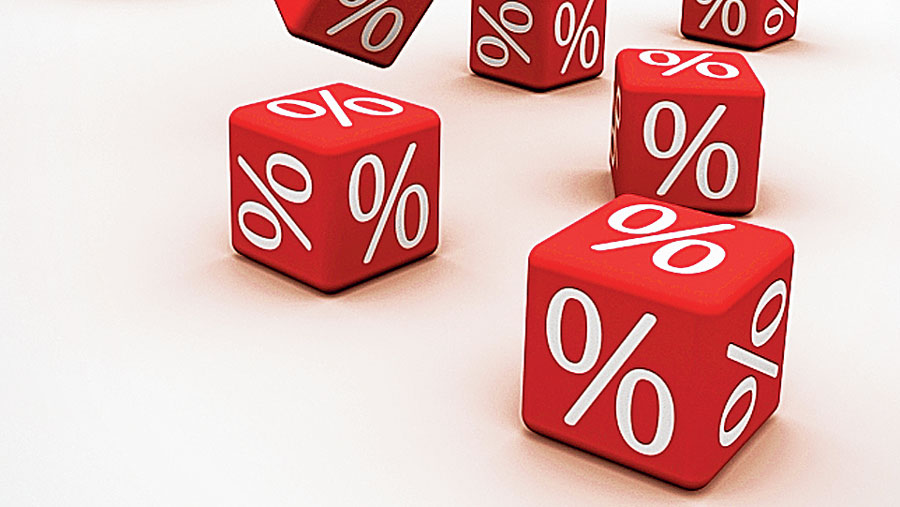The Bank of England raised interest rates to 0.5 per cent on Thursday and nearly half of its policymakers wanted a bigger increase to contain rampant price pressures, as the British central bank warned inflation will soon top 7 per cent.
In a surprise split decision, four of the nine members of the Monetary Policy Committee wanted to raise interest rates by half a percentage point to 0.75 per cent in what would have been the biggest increase in borrowing costs since the BoE became operationally independent 25 years ago. The majority, including governor Andrew Bailey, voted for a 0.25 percentage point increase.
The pound jumped by around two-thirds of a cent against the dollar to above $1.36, its highest since January 20. British government bonds sold off, with the 10-year yield hitting its highest level since January 2019.
“Although a quarter point rise may have a limited impact on most firms, many will view back-to-back rate hikes, and four Monetary Policy Committee members voting for a more significant rate rise, as a leap towards a sustained period of significant monetary tightening,” Suren Thiru, head of economics at the British Chambers of Commerce, said.
The move follows hot on the heels of a rate hike in December. The BoE said consumer price inflation — which stood at 5.4 per cent in December — now looks set to peak at around 7.25 per cent in April, which would be the highest rate since the recession-ravaged early 1990s and miles off its 2 per cent target.










